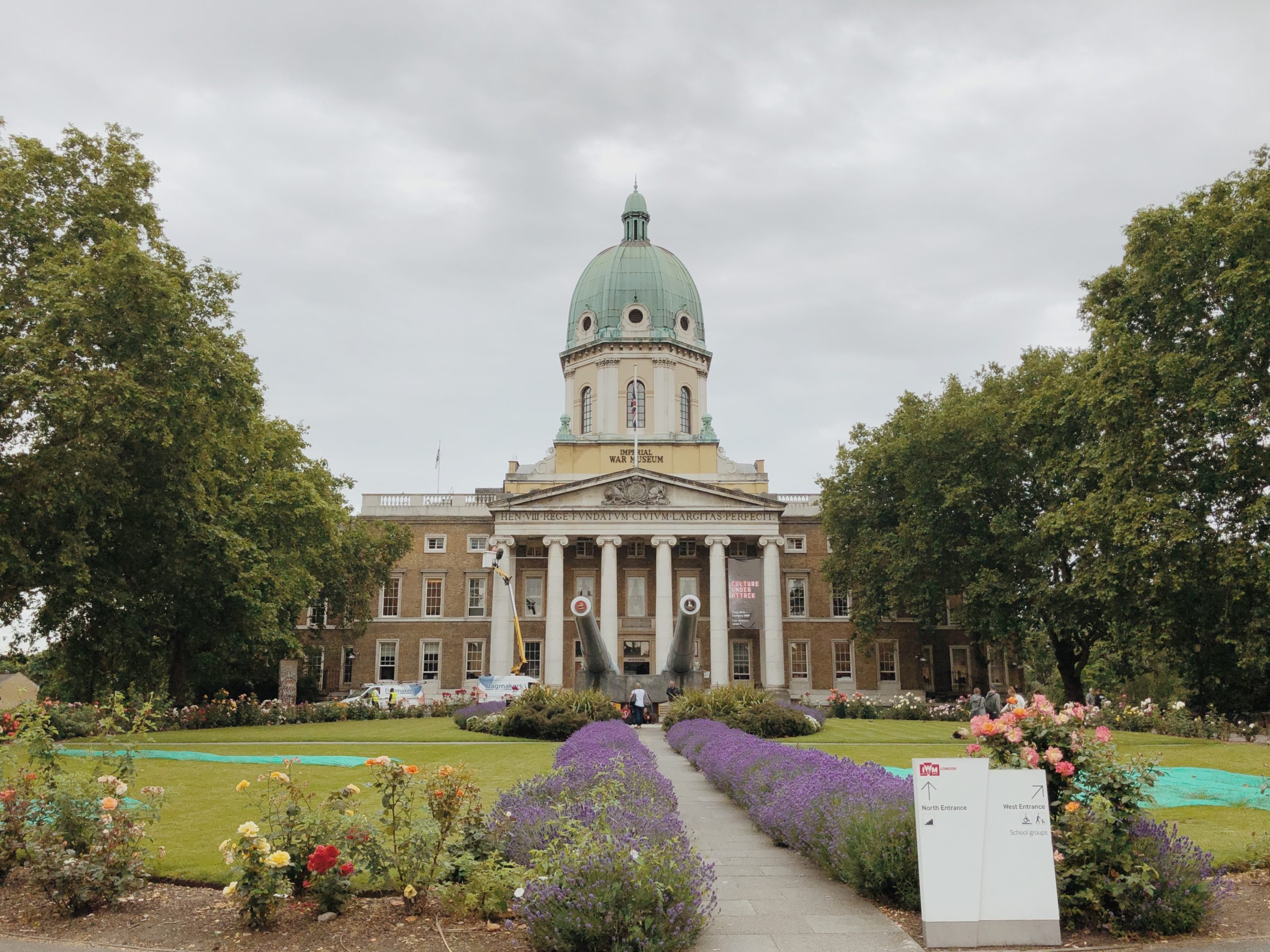Today in the dominant anti-migration, anti-refugee climate it is imperative to underline how movements of people are intimately connected to the global interventions (economic, political, military, ecological and technological) of western/Northern powers in other countries and regions. Taking aim at academic arguments of simplistic neutral ‘push and pull factors’ to explain immigration, Sivanandan was clear from the 1960s about the dialectic: that black (i.e. New Commonwealth) post-war immigration was directly connected to the havoc – economic, cultural and political – that British rule wrought in its colonies. To blame the immigrant for her/his presence was not to understand the state’s role in creating the conditions for and then encouraging immigration. Racism and colonialism were part of the same continuum. ‘At independence, the British had created a people without land, a land without food, and a people without capital to activate it. It was inevitable that they would seek work elsewhere. And post-war Britain was crying out for labour.’ Note many of Sivanandan’s public talks and the anti-racist booklets for young people- Roots of Racism, Patterns of Racism and How racism came to Britain were focused on the idea that ‘we are here, because you were there’.
His concern to produce a class analysis of migration which connected immigration to the economic needs for labour, and then the control of that labour force, began in ‘Race, class and the state’ and continued during the 1970s in pieces on prominent strikes and the racists’ call for repatriation.
But as industrial society gave way to the post-industrial, aided by the technological revolution, Sivanandan examined first how technology and the level of the productive forces was changing the nature of ‘Imperialism in the Silicon Age’ and then the impact of globalisation both economically and existentially on class formation and poverty in both the global North and South, with institutions such as the World Bank, International Monetary Fund and their structural adjustment programmes creating new political, economic and ecological wastelands which necessarily threw up new mass movements of peoples.

